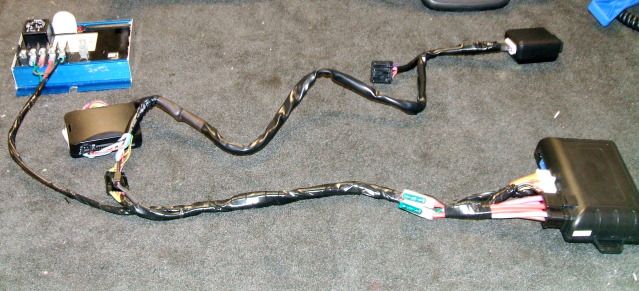yes, I'm aware of that and generators and the like. I'm just questioning what labor it's saving if I have to take active actions to DISable it for safety, how is that better than taking active actions to start my vehicle when my batteries are low.
I'm not trying to quibble or pick nits, I'm trying to talk about the logic of the thing, more than the feasibility. Sure it can be done, but to what gain?
And I'll point out that current generation of better inverter-controllers, the 'failure mode' for a low battery is shut off the draw. I can see having an auto-start on low battery in a fixed installation or some key medical system. But I'm seeing more negatives than positives in a mobile vehicle system.
I can't recall the key word-concept my brain is itching about but there's a thing in mitigation analysis and risk reduction that talks about taking human actions OUT of a process to make it safer. Less human interaction, less human error. But that also requires intelligent design in the logic of a thing. I think it was in an FAA or aviation industry analysis about the big crash during Airbus automation development, where the test plane was loaded with pilots and engineers and was making touch and go runs and after some multiple the pilot tried taking off again, but the plane software was determined to interpret everything as a landing and thus the plan flew off the end of the runway at a low and slow attitude and plowed into the forest, killing everybody. IIRC the summary of the analysis talked about some design decisions made in the software development process that required a human action at a certain critical point, and absent that action the plane's program did what it thought best and other routines countermanded the command pilot's inputs, resulting in the crash. The whole thrust of the thing was 'try not to make critical safety reliant on human action' or somesuch.
I'm not saying there's a direct corollary here or trying to inflate the dangers. I'm just trying to point out that when you are making more design decisions and requiring more actions to safeguard something in a device, than the thing is supposed to be saving you in the first place, maybe the whole thing needs to be re-thought. But again I'm not trying to be naysayer about it. Just trying to make a point about logical design and not getting into a loop of making more changes because of changes.
What do you say to your camping neighbors when your diesel kicks on at 3am?

